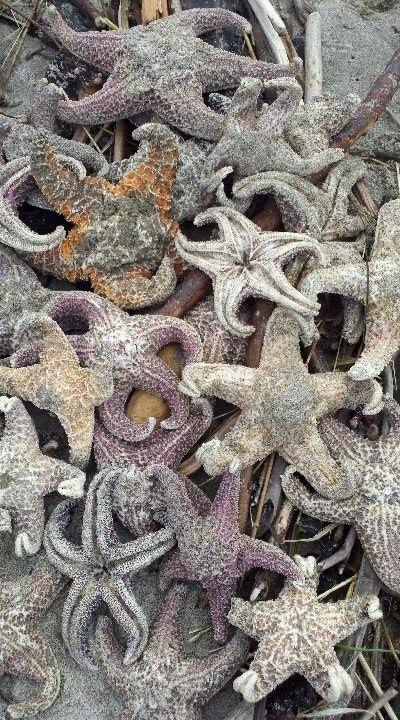 A seed is destroyed in order for it to become a plant. For a caterpillar to become a butterfly its old body must be destroyed.
A seed is destroyed in order for it to become a plant. For a caterpillar to become a butterfly its old body must be destroyed.Our own personal growth is often like this too; in order for us to move from our current level of consciousness to the next higher or deeper level of consciousness, the patterns of the old level must be destroyed or broken apart.
When this happens you can find yourself feeling lost, uncertain and vulnerable. Your relationships with other people may start to change, even dramatically. You can even feel as if there is something going deeply wrong with you. Old emotions that you thought you had left behind a long time ago seem to come back with vigour.
The reason for these experiences is that you truly are emerging into a way of going and being that you have never experienced before:
- You are feeling lost because you are in new territory
- You are feeling vulnerable because you have been ‘born anew’ and have to find your feet in this new environment
- You feel uncertain because you literally don’t know what is going to happen, it is an experiment!
- Old difficult emotions can come back to you either because they are threatened by your new, emerging self, OR because they have a new and vital role to play in your life now that you have the capacity to look at or experience them in a new way (eg: anger may be ready to be re-understood and re-directed as personal power)
One of the things that a regular meditation and mindfulness practice does is to stimulate the evolutionary impulse of your mind; to stimulate its growth from the level of consciousness that you at to the level beyond it.
Consequently, while your mindfulness practice will occasionally take you to places of deep peace and wellbeing, it will also and equally take you to places of acute discomfort and confusion when you are going through a developmental shift such as the one I describe above.
When this happens it is important not to panic – try as far as you can to relax into the process of change; let the old self be destroyed with thanks as the new self within you emerges and starts to find its feet.
© Toby Ouvry 2015, you are welcome to use or share this article, but please cite Toby as the source and include reference to his website www.tobyouvry.com
Upcoming Courses at Integral Meditation Asia in April:
Tuesday 21st April, 7.30-9.30pm – An Evening of Mindful Self-Confidence – Developing your self-confidence, self-belief & self-trust through mindfulness & meditation
Integral Meditation Asia









